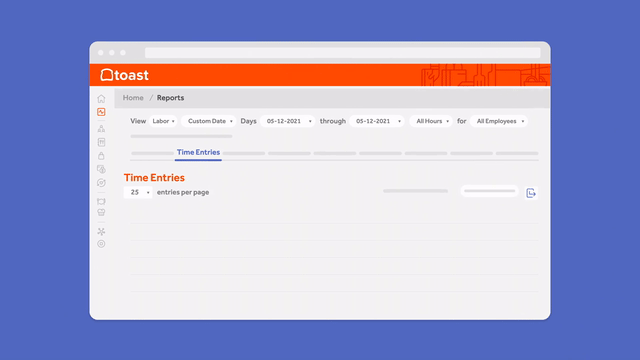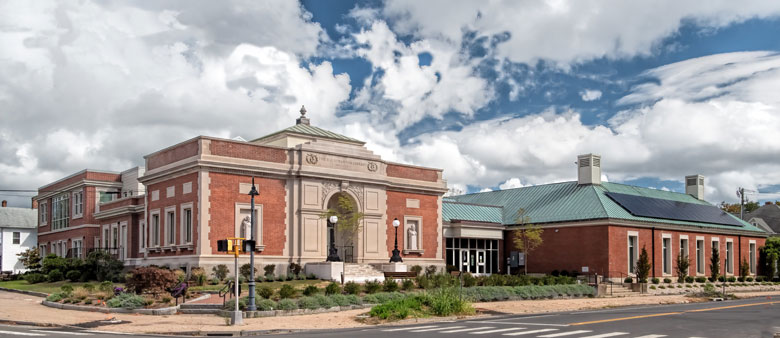Choosing the perfect wedding venue is one of the most crucial decisions you’ll make when planning your big day. The right venue sets the stage for your celebration, influences the overall atmosphere, and can significantly impact your wedding’s budget. This guide will explore everything you need to know about finding and selecting the ideal wedding venue near you, ensuring your day is as magical as you’ve envisioned.
Exploring Wedding Venues Near You
Types of Wedding Venues
When searching for wedding venues near you, it’s essential to understand the different types available. Traditional venues include banquet halls, hotels, and churches, which offer a classic setting with a range of amenities. These venues are often well-equipped to handle large weddings and provide on-site services like catering and event coordination.
Outdoor venues such as gardens, beaches, and vineyards offer a picturesque backdrop for your ceremony. These locations are perfect for couples who envision a nature-inspired celebration. Outdoor venues can vary greatly in style, from rustic farm settings to elegant garden parties.
For those seeking something unique, historical sites, museums, and art galleries provide an extraordinary atmosphere and distinctive charm. These venues are ideal for couples who want a wedding that stands out and offers a memorable experience for their guests.
Lastly, destination venues provide a local getaway feel without leaving your city. They are often located in nearby scenic spots and offer a mix of relaxation and adventure. Destination venues can also be a fantastic choice if you’re looking for a unique experience close to home.
How to Search for Local Wedding Venues
Finding the right wedding venue starts with a strategic search. Begin by using online search engines and wedding directories to compile a list of venues in your area. Websites like The Knot, WeddingWire, and local bridal blogs can provide a comprehensive list of options along with reviews and ratings from other couples.
Recommendations from friends, family, and local wedding planners can also be invaluable. These sources often provide personal insights and can point you toward venues that you might not find through online searches. Attending wedding expos and fairs is another excellent way to discover local vendors and venues. These events allow you to meet venue representatives in person, ask questions, and see what they have to offer.
Additionally, visiting the venues in person is crucial. Pictures and online descriptions only tell part of the story; experiencing the space firsthand helps you gauge the atmosphere and suitability for your wedding.
Factors to Consider When Choosing a Wedding Venue
Location and Accessibility
The location of your wedding venue plays a significant role in the overall guest experience. Proximity to your home and the homes of key guests is essential. A venue that is convenient for you and your immediate family can reduce stress and logistical challenges on the wedding day.
Consider the accessibility for out-of-town guests as well. If many guests will be traveling from afar, choose a venue that is easy to find and near accommodations. This consideration helps ensure that your guests have a smooth experience and can easily attend your celebration.
Parking availability and transportation options are also crucial. Ensure there is ample parking for guests and consider arranging transportation options if the venue does not offer on-site parking. This can include shuttle services or valet parking to make the day as stress-free as possible for your attendees.
Venue Size and Capacity
Matching the size of your venue with your guest list is crucial to creating a comfortable and enjoyable atmosphere. Ensure the venue can comfortably accommodate all your guests without feeling overcrowded or too spacious.
Consider both indoor and outdoor capacities. Some venues offer flexible spaces that can be adjusted depending on the weather or your preferences. Ensure the venue can handle various seating arrangements and layouts to fit your wedding theme and style.
Flexibility for different seating arrangements is also important. Whether you plan a formal sit-down dinner or a more casual reception, the venue should be able to adapt to your needs and preferences.
Amenities and Services Offered
When evaluating venues, take note of the amenities and services provided. Some venues offer in-house catering, while others may require you to bring in your own caterers. Understanding what is included can help you plan your budget and ensure that all your needs are met.
Check for the availability of bridal suites, dressing rooms, and restrooms. These facilities contribute to the comfort of you and your guests on your wedding day. On-site event coordination and planning services can also be beneficial, as they can help streamline the planning process and ensure that everything runs smoothly.
Evaluate the venue’s AV equipment, lighting, and decoration services. High-quality sound systems and customizable lighting can enhance the atmosphere and ensure that your wedding day is visually and acoustically pleasing.
Cost and Budget Considerations
Understanding the cost of a wedding venue and what it includes is vital for staying within your budget. Average costs of wedding venues in your area can vary widely depending on location, size, and amenities. Researching these costs beforehand can help you set a realistic budget.
Consider the inclusions and exclusions in the venue’s pricing. Some venues offer all-inclusive packages, while others may charge separately for additional services. Be aware of any hidden costs, such as service charges, overtime fees, or setup costs, which can add up quickly.
Look for off-season and weekday discounts. Many venues offer reduced rates during less popular times of the year or on weekdays, which can be a great way to save money without compromising on your chosen location.
Tips for Booking the Perfect Wedding Venue
Visiting and Inspecting Venues
When you visit potential venues, pay close attention to the layout and ambiance. Imagine how your wedding ceremony and reception will fit into the space and how the atmosphere aligns with your vision. Check for any logistical challenges, such as difficult access points or inadequate facilities.
Ask questions to venue managers about the venue’s policies, availability, and any restrictions. Understanding these details can help you make an informed decision and avoid any surprises later on.
Evaluate the cleanliness and overall condition of the venue. A well-maintained space reflects positively on the venue’s management and can contribute to a more enjoyable experience for you and your guests.
Timing and Booking Strategy
The timing of your venue booking is crucial. Ideal timeline for booking a wedding venue is typically 12-18 months in advance. Popular venues can book up quickly, especially during peak wedding seasons, so early planning is key.
Benefits of early booking include a wider selection of available dates and potentially lower costs. If you book well in advance, you’ll have more flexibility in choosing the perfect date and may be able to negotiate better terms.
Negotiating with venue owners can also be beneficial. Don’t hesitate to discuss your budget and see if there are any opportunities for discounts or additional perks.
Contract Review and Negotiation
Thoroughly review the venue contract before signing. Key elements to check include pricing details, payment schedules, cancellation policies, and any included services. Make sure you understand the terms and conditions to avoid any misunderstandings.
Negotiating terms can help you get the best value for your money. Discuss potential changes or additional services you might need and see if the venue is willing to accommodate your requests.
Understanding the venue’s cancellation and rescheduling policies is crucial. Life can be unpredictable, and having a clear understanding of these policies can provide peace of mind in case plans change.
Real-Life Examples and Testimonials
Case Studies of Popular Local Wedding Venues
Highlighting renowned venues in your area can provide valuable insights and inspiration. For example, venues like [Venue A] offer a classic setting with elegant features, while [Venue B] provides a unique, modern space with breathtaking views.
Success stories of couples who have celebrated their weddings at these venues can offer real-life examples of how the venue contributed to a memorable event. Personal experiences can help you envision how your own wedding might unfold at these locations.
Unique features of these venues, such as historical significance or architectural beauty, can set them apart and make them a standout choice for your wedding.
Tips from Recently Married Couples
First-hand advice from couples who have recently married can be incredibly helpful. These couples can share their experiences with selecting a venue, the challenges they faced, and the lessons they learned.
Mistakes to avoid during the venue selection process include overlooking important details in the contract or not thoroughly researching all available options. Learning from others’ experiences can help you make more informed decisions.
Personal stories of how the venue contributed to their special day can provide inspiration and help you choose a venue that aligns with your vision and expectations.
Conclusion
Selecting the perfect wedding venue is a significant part of planning your big day. By understanding the types of venues available, considering essential factors like location and amenities, and following practical tips for booking, you can find a venue that fits your needs and budget. Start your search early, visit multiple locations, and don’t be afraid to negotiate to ensure your wedding day is as magical as you’ve dreamed.





